The global pandemic is first a tragedy of massive proportions for individuals and public health. As a firm exclusively focused on healthcare, our clients — providers, hospitals, consultants, suppliers and affiliated companies — have been particularly affected as they deal not only with the public health impacts, but also with the negative business effects of the pandemic. Notably, those in leadership and sales roles have seen a confounding impact on business development because of the lack of in-person contact.
While we all continue to work in this new abnormal, here are a few strategies that don’t depend on in-person meetings that can help promote business development.
Produce and host your own content.
- Self-publishing: Blog posts and articles written by your experts (or ghost-written for them), can help get your messaging and value prop in front of your prospects and customers when sales staff can’t visit in person. Frequent blogging can help ensure your audiences know you are still innovating and thinking about how to solve business challenges. Sharing posts with prospects and customers through social media or accompanied by a personal note can help drive engagement, nurture leads and promote traffic to your website.
- Webinars and videos: Your prospects are as tied to their screens as you are, and they are looking for content that delivers value. Hosting a webinar to discuss an industry trend or anticipated change or telling a story through a case study featuring a delighted customer can provide helpful information for prospective clients struggling with similar challenges and shine a spotlight on your capabilities.
Earn and purchase attention.
- Align with media coverage trends: Reporters are hyper-focused on COVID-19, so you may feel there’s little oxygen left for your case studies or success stories. That may be true, but reporter engagement is a long game and the best opportunities come from developing relationships when and where possible. Believe it or not, there will be a time when not all stories depend on a COVID-19 angle, but if you have such an angle, by all means, leverage it. Also remember any interview can be an opportunity to demonstrate your expertise so reporters will be interested in hearing from you again.
- Sharpen your media skills: Interviews, especially first interviews, are challenging to land. So, when you do land one, you want to make sure your experts are prepared to provide exactly what the reporter is looking for — nothing more, nothing less. Success with one interview can lead to many more down the road, but a wandering, obtuse conversation will likely result in a short relationship, bad coverage, or both. Invest in your subject matter experts so they are prepared to speak on your organization’s behalf when the opportunity is secured.
- Don’t give up on events: As media companies and industry associations have been forced to move their events online, they must produce more of them to make up the revenue loss. And though virtual events may deliver a comparatively smaller audience than their in-person predecessors, they offer a silver lining because they require much less of a time commitment for your thought leaders, which may increase their willingness to participate.
- Open your mind (and budget) to paid opportunities: Op-eds, panel discussions and commentary can be prime opportunities for earned media, but landing them is highly competitive and self-promotion is off limits. You may not be aware that many media companies offer a variety of paid opportunities that can range from commentary to event sponsorships to webinars and white papers. Organizations that offer these opportunities often guarantee a level of targeted audience reach and provide helpful tools to help stimulate and measure engagement.
- Don’t forget social media: Get more mileage out of your investment in in-house, earned and paid media by promoting that content through social channels, a perfect venue for continued engagement with prospects and customers. And when your thought leaders have a particularly valuable or cutting-edge perspective, consider paid social to help increase attention and reach new — and often, highly targeted — viewers.
Though none of these tactics can replace in-person contact completely, you can help manage the pandemic’s impact on your business or organization by using them strategically. So, get out there —virtually. For now, there is no real alternative.



